
Heather Reisman
Heather Reisman was possibly the most powerful person in Canada’s book publishing industry at the turn of the twenty-first century and certainly the country’s most prominent Jewish businesswoman. In addition to charitable giving, Reisman has shown sensitivity to Jewish concerns in the conduct of her business.
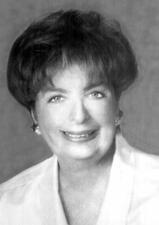
Dorothy Reitman
A life-long Montreal resident, Dorothy Reitman is a distinguished community volunteer involved with organizations dedicated to women and Canadian Jews. She has received numerous awards honoring her as an advocate for women’s equality and empowerment, and in 1986 she became the first woman president of the Canadian Jewish Congress.
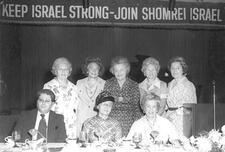
Religious Zionist Movements in Palestine
Religious Zionism, distinguished from the secular Zionists by its religious nature and from the ultra-Orthodox community by its Zionism, consisted of two major movements in the Yishuv: the Mizrachi and the Ha-Po’el ha-Mizrachi, a trade union. Women created their own organizations within these movements but distinguished themselves from the men through their support of women and their interests.
Reproductive Technology, New (NRT)
New reproductive technology has provided the solution for problems of infertility for hundreds of thousands of couples. For halakhically observant Jews, especially in the pro-natal state of Israel and in general in the post-Holocaust era, this technology has been a blessing but has also created a multitude of halakhic problems.
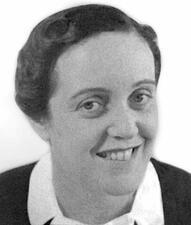
Resistance, Jewish Organizations in France: 1940-1944
Despite the fact that women did not hold a high status in prewar French society, Jewish women played a disproportionately large role in the French resistance against the Nazis. Hundreds of women protected their fellow Jews, especially Jewish children, from the Nazis.

Judith Resnik
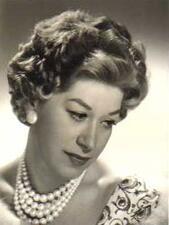
Regina Resnik
Regina Resnik, world-famous opera singer and leading lady at New York’s Metropolitan Opera House, reinvented herself multiple times in her career, taking on unexpected new roles. She toured through the United States and internationally before her first performance at the Met in 1944 and becoming the Met’s leading soprano. In the 1970s she successfully began directing operas.
Freda Resnikoff
Freda Resnikoff was a founder and dedicated leader of the Mizrachi Women’s Organization and mother, mother-in-law, and grandmother-in-law of three of its national presidents.
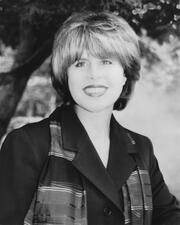
Brenda Brown Rever

Irina Reyn

Rezadeiras among Bene Anusim in Portugal
The rezadeiras, prayer-women, began to play an important role in crypto-Jewish practice after the late fifteenth-century Expulsions from Spain and then Portugal forced anyone who wanted to live as a Jew to do so in secret.
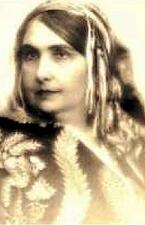
Elissa Rhaïs
Elissa Rhaïs’s novels and short stories, set in her native Algeria, were a great success among readers of the années folles of the 1920s and were praised by critics who admired her acute perception of the Muslim soul. She portrayed the lives of passionate and independent North African women, breaking the prevailing stereotypes of the colonial times.
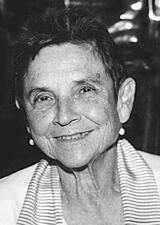
Adrienne Cecile Rich
Adrienne Rich was an influential poet, thinker, and political activist. In her essays and poems, Rich explored the intersections of the personal and the political, focusing in particular on questions of identity while drawing on her own experiences as a woman, a lesbian, and a Jew.
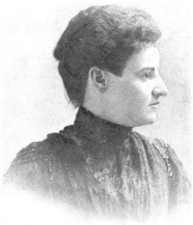
Julia Richman
A polarizing and important social reformer, Julia Richman sought to better manage the massive influx of immigrants in New York by Americanizing the new arrivals as quickly as possible, particularly through intense training in English. An educator who eventually became district superintendent of the Lower East Side schools in 1903, she created playgrounds, improved school lunches, and enforced health examinations for students.
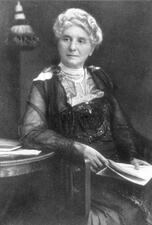
Elise Richter
Elise Richter could not pursue a university degree until she was in her 30s, when she became part of the first group of women to study at the University of Vienna. She received doctoral and post-doctoral degrees and subsequently taught classes on various Romance languages while publishing extensively, making important contributions to the field of historical and comparative linguistics.
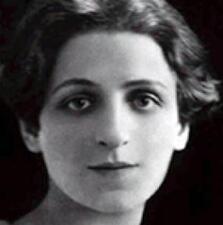
Laura Riding
Laura Riding, also known as Laura Riding Jackson, was an unconventional poet and critic who is credited with helping shape modern poetry.
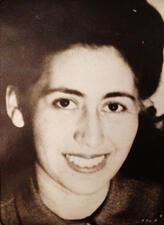
Frances Kroll Ring

Esther Leah Medalie Ritz
Esther Leah Medalie Ritz defended human rights throughout the myriad conflicts of the twentieth century, from speaking out against fascism in the 1930s to participating in Israeli-Palestinian dialogue in the 1980s.
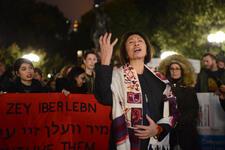
Rabbi Mira Rivera
Born in Michigan to Filipino parents, Rabbi Mira Rivera grew up in the Philippines under the care of her maternal grandmother.
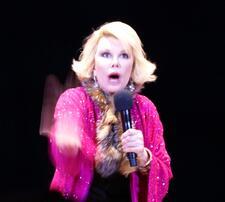
Joan Rivers
In revues, nightclub acts, concert halls, and on television, Joan Rivers popularized and perfected a genre of comedy that challenged reigning social conventions. After breaking into Chicago’s comedy scene in 1961 at Second City, Rivers became known for her comedic routines, books, and the talk show for which she won an Emmy for in 1990.
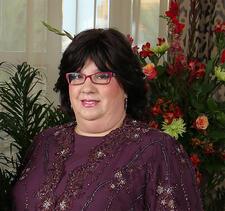
Bluma Rivkin
Nacha Rivkin
Orthodox Jewish education for women in America began with the work of Nacha Rivkin, a founder of Shulamith School for Girls, the first girls’ yeshiva in the United States. A courageous and proficient “doer,” Rivkin broke out of the mold of the passive, religious homemaker in her commitment to action. Through her music and artwork, she expanded the range of career possibilities for Orthodox women of her time.

Lilly Rivlin
Lilly Rivlin is a documentary filmmaker whose films are centered around feminism, the Arab-Israeli peace process, Jewishness, and her family relationships. Rivlin’s films The Tribe (1984), Miriam’s Daughters Now (1986), and Gimme a Kiss (2000), all of which explore Jewishness and family, are among her best.
Rizpah: Bible
Rizpah is the concubine of Saul, the first king of Israel. She has two sons, one of whom briefly takes the throne. However, both of her children are killed by David and she helps ensure that their bodies get the correct burial.
Rizpah: Midrash and Aggadah
Rizpah features prominently in the narrative of Saul’s death at the hands of the Gibeonites, and her behavior in this episode is highly praised by the Rabbis. Her actions were considered worthy of emulation, and even King David learned from her. Rizpah’s deeds helped save all Israel from the famine.


